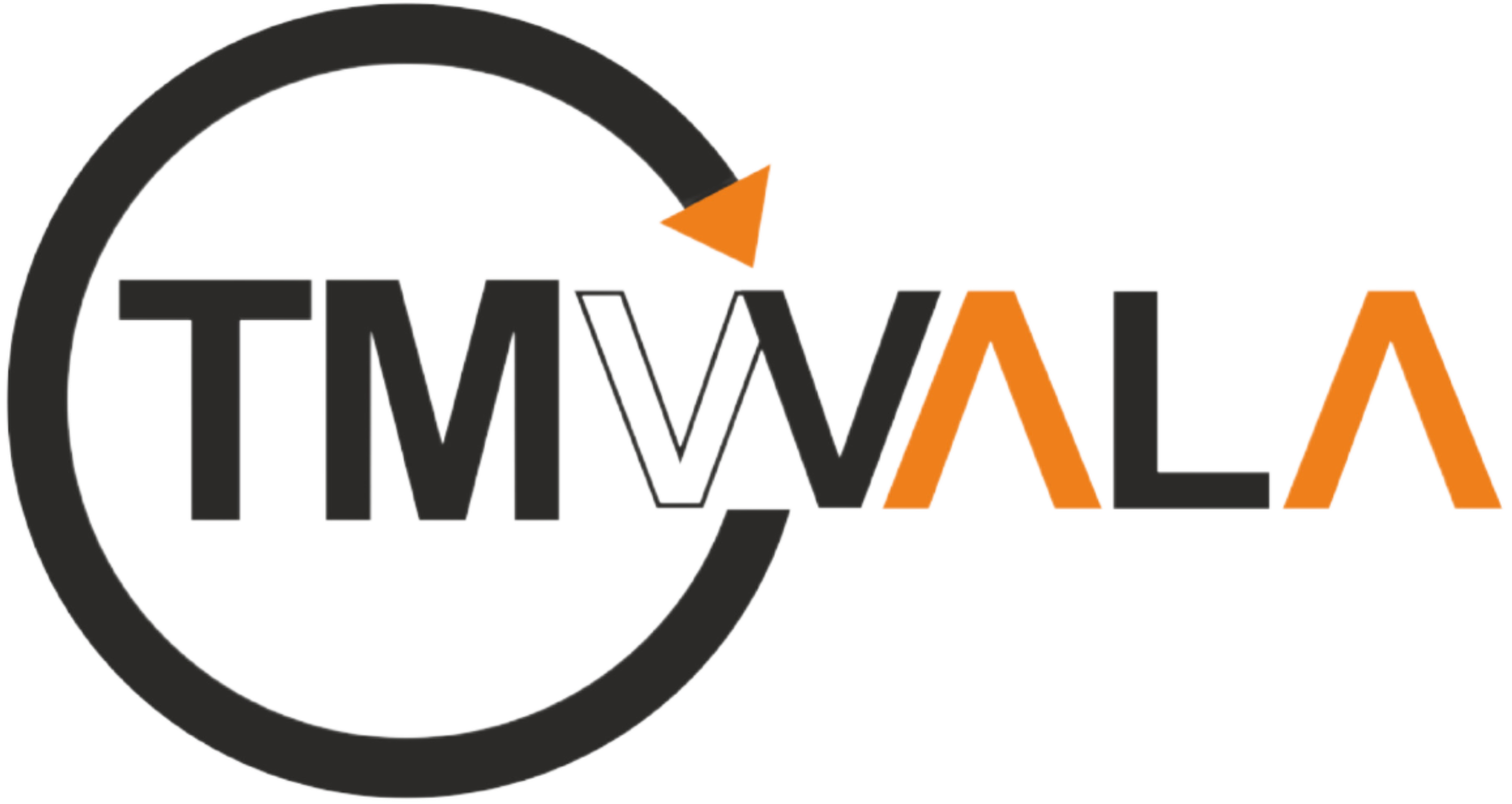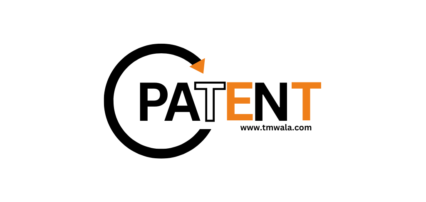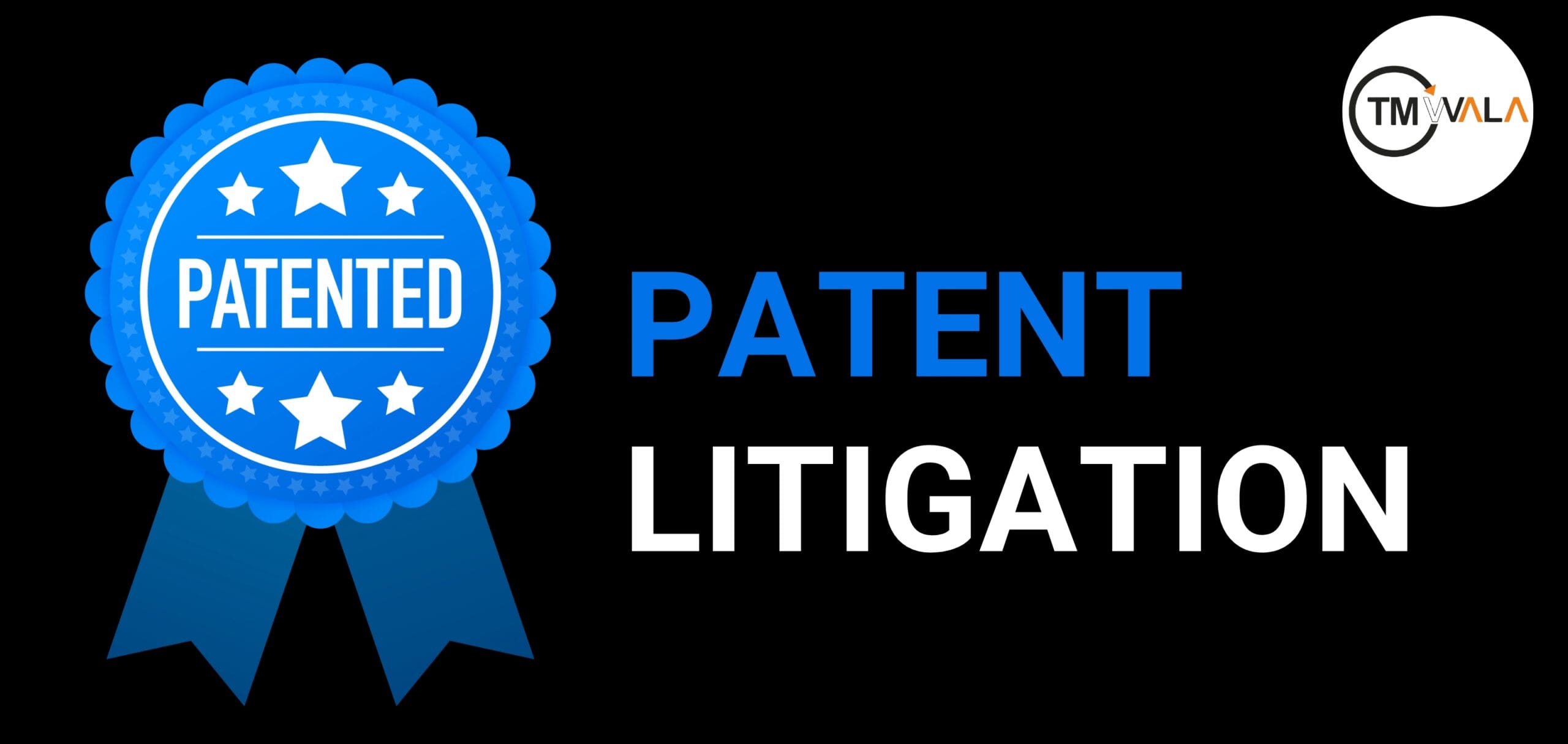Patent litigation is a crucial aspect of intellectual property law, dealing with disputes over the validity, infringement, and enforcement of patents. This process can be complex and expensive, but understanding the key elements and strategies involved can significantly impact the outcome. This comprehensive guide will walk you through the essentials of patent litigation, including its stages, strategies, and key considerations.
Understanding Patent Litigation
Definition and Overview Patent litigation refers to the legal process of resolving disputes over patent rights in a court of law. It typically involves cases where one party alleges that another party has infringed on their patent rights, or where the validity of a patent is challenged.
Why Patent Litigation Occurs: Patent litigation can arise for several reasons:
- Infringement Claims: One party believes another is using, making, selling, or importing their patented invention without permission.
- Validity Challenges: A party contests the validity of a patent, arguing that it should not have been granted due to a lack of novelty, inventive step, or other reasons.
- Licensing Disputes: Disagreements over the terms of a licensing agreement can also lead to litigation.
Stages of Patent Litigation
- Pre-Litigation Preparation Before filing a lawsuit, parties often engage in pre-litigation activities to assess the merits of their case and prepare for potential litigation.
- Patent Search and Analysis: Conduct a thorough search and analysis of relevant patents, claims, and prior art to understand the scope and validity of the patent in question.
- Evidence Gathering: Collect evidence to support your claims or defenses, including documentation, technical data, and expert opinions.
- Settlement Discussions: Parties may engage in settlement discussions or alternative dispute resolution methods to resolve the issue without litigation.
- Filing a Complaint If settlement discussions fail, the plaintiff initiates the litigation process by filing a complaint in a competent court.
- Complaint: The complaint outlines the plaintiff’s allegations, including details of the patent, the accused infringement, and the relief sought.
- Summons: A summons is issued to the defendant, notifying them of the lawsuit and requiring them to respond.
- Answer and Counterclaims The defendant must file an answer to the complaint, addressing the allegations and presenting any defenses or counterclaims.
- Answer: The answer responds to each allegation in the complaint, admitting or denying them.
- Counterclaims: The defendant may also file counterclaims, asserting that the plaintiff’s patent is invalid or that other legal issues exist.
- Discovery: Discovery is the process of exchanging information and evidence between the parties.
- Document Production: Both parties must produce relevant documents and records.
- Interrogatories: Written questions must be answered under oath.
- Depositions: Witnesses are questioned in person, and their testimonies are recorded.
- Pre-Trial Motions Before the trial, parties may file pre-trial motions to resolve certain issues or narrow the scope of the dispute.
- Summary Judgment: A motion for summary judgment requests the court to rule in favor of one party based on the evidence presented, without a full trial.
- Motion to Dismiss: A motion to dismiss seeks to end the litigation early, often arguing that the complaint does not state a valid claim.
- Trial: If the case proceeds to trial, the parties present their arguments and evidence before a judge or jury.
- Opening Statements: Both parties present an overview of their case.
- Presentation of Evidence: Each side presents evidence, including documents, expert testimony, and witness testimonies.
- Closing Arguments: Parties summarize their arguments and evidence.
- Verdict: The judge or jury delivers a verdict based on the evidence and legal arguments.
- Post-Trial Motions and Appeals After the trial, parties may file post-trial motions or appeals to challenge the verdict or seek further relief.
- Post-Trial Motions: Requests for the court to alter or amend the judgment or grant a new trial.
- Appeals: Parties may appeal the verdict to a higher court if they believe legal errors occurred during the trial.
Strategies in Patent Litigation
a. Building a Strong Case: To succeed in patent litigation, building a strong case is crucial.
- Patent Analysis: Thoroughly analyze the patent claims, prior art, and technical details to identify strengths and weaknesses.
- Expert Witnesses: Engage experts to provide technical insights and support your arguments.
- Legal Research: Conduct comprehensive legal research to support your claims and defenses.
b. Settlement and Negotiation: Settlement and negotiation can be effective strategies to resolve disputes without a full trial.
- Settlement Offers: Make reasonable settlement offers to resolve the dispute amicably.
- Mediation: Consider mediation to facilitate negotiations and reach a mutually agreeable resolution.
c. Effective Trial Preparation Effective trial preparation involves organizing evidence, preparing witnesses, and developing persuasive arguments.
- Trial Strategy: Develop a clear trial strategy, including the order of witnesses and the presentation of evidence.
- Mock Trials: Conduct mock trials to test your arguments and prepare for potential challenges.
d. Managing Litigation Costs Patent litigation can be expensive, so managing costs is essential.
- Budgeting: Create a budget for litigation expenses, including legal fees, expert costs, and court fees.
- Cost Control: Implement cost control measures, such as limiting discovery requests and avoiding unnecessary motions.
Key Considerations in Patent Litigation
- Jurisdiction and Venue: Choose the appropriate jurisdiction and venue for your case based on the location of the parties, the nature of the dispute, and applicable laws.
- Jurisdiction: The court’s authority to hear the case.
- Venue: The geographic location where the case is heard.
b. Patent Validity and Scope The validity and scope of the patent play a critical role in litigation.
- Patent Validity: Ensure the patent is valid and enforceable against the accused infringer.
- Patent Scope: Determine the scope of the patent claims and whether the accused product or process falls within that scope.
c. Evidence and Documentation Accurate and comprehensive evidence is crucial for proving or defending against patent infringement claims.
- Document Management: Organize and manage documents and evidence effectively.
- Chain of Custody: Maintain a clear chain of custody for evidence to ensure its integrity.
d. Impact on Business: Consider the potential impact of litigation on your business.
- Reputation: Assess the potential impact on your company’s reputation and relationships with customers and partners.
- Operational Disruption: Consider the potential disruption to your business operations and resources.
Case Studies and Examples
Case Study 1: Technology Sector A major technology company sued a competitor for infringing on a patent related to smartphone technology. The case involved complex technical issues and expert testimony. The court ruled in favor of the plaintiff, awarding significant damages and issuing an injunction to stop the infringement.
Case Study 2: Pharmaceutical Industry A pharmaceutical company was involved in litigation over a patent related to a new drug formulation. The case focused on the validity of the patent and whether the accused drug infringed the patent claims. The court found the patent valid and awarded damages to the patent holder.
Conclusion
Patent litigation is a complex and critical aspect of intellectual property law, involving multiple stages and strategies. Whether you are a patent holder seeking to enforce your rights or a defendant facing infringement claims, understanding the key elements of patent litigation is essential for navigating the legal landscape effectively.
From pre-litigation preparation to trial and post-trial motions, each stage of patent litigation requires careful planning and execution. Building a strong case, managing costs, and considering the impact on your business are crucial for achieving a favorable outcome.
If you find yourself involved in patent litigation, consulting with experienced patent attorneys and legal experts can provide valuable guidance and support throughout the process. Their expertise will help you navigate the complexities of patent law, develop effective strategies, and work towards a successful resolution of your dispute.
FAQs
1. What is patent litigation?
Patent litigation is the legal process of resolving disputes in court regarding patent rights, typically involving claims of infringement, challenges to patent validity, or licensing disagreements.
2. Why do patent litigation cases occur?
They arise mainly due to alleged infringement, disputes over the validity of a patent, or disagreements about licensing terms.
3. What are the main stages of patent litigation?
The process usually includes pre-litigation preparation, filing a complaint, answering and counterclaims, discovery, pre-trial motions, trial, and post-trial motions or appeals.
4. What happens during the discovery phase?
Both parties exchange information and evidence through document production, written questions (interrogatories), and depositions of witnesses.
5. Can patent disputes be resolved without going to trial?
Yes. Before reaching trial, many cases settle through negotiation, mediation, or other alternative dispute resolution methods.
6. How long does a typical patent litigation case take?
It varies widely, but complex patent cases often take years to resolve due to the technical nature of the evidence and legal issues.
7. What strategies are key to winning a patent litigation case?
Strong patent analysis, use of expert witnesses, thorough legal research, strategic trial preparation, and effective negotiation are crucial.
8. How expensive is patent litigation?
It can be very costly, involving legal fees, expert witness costs, and court expenses, so budgeting and cost-control measures are important.
9. What factors influence the outcome of a patent litigation case?
Key factors include the strength of the patent’s validity, the scope of its claims, the quality of evidence, the jurisdiction, the trial strategy, and the skill of legal representation.
10. How can patent litigation affect a business?
It can impact reputation, strain resources, disrupt operations, and influence relationships with customers and partners positively and negatively, depending on the outcome.















